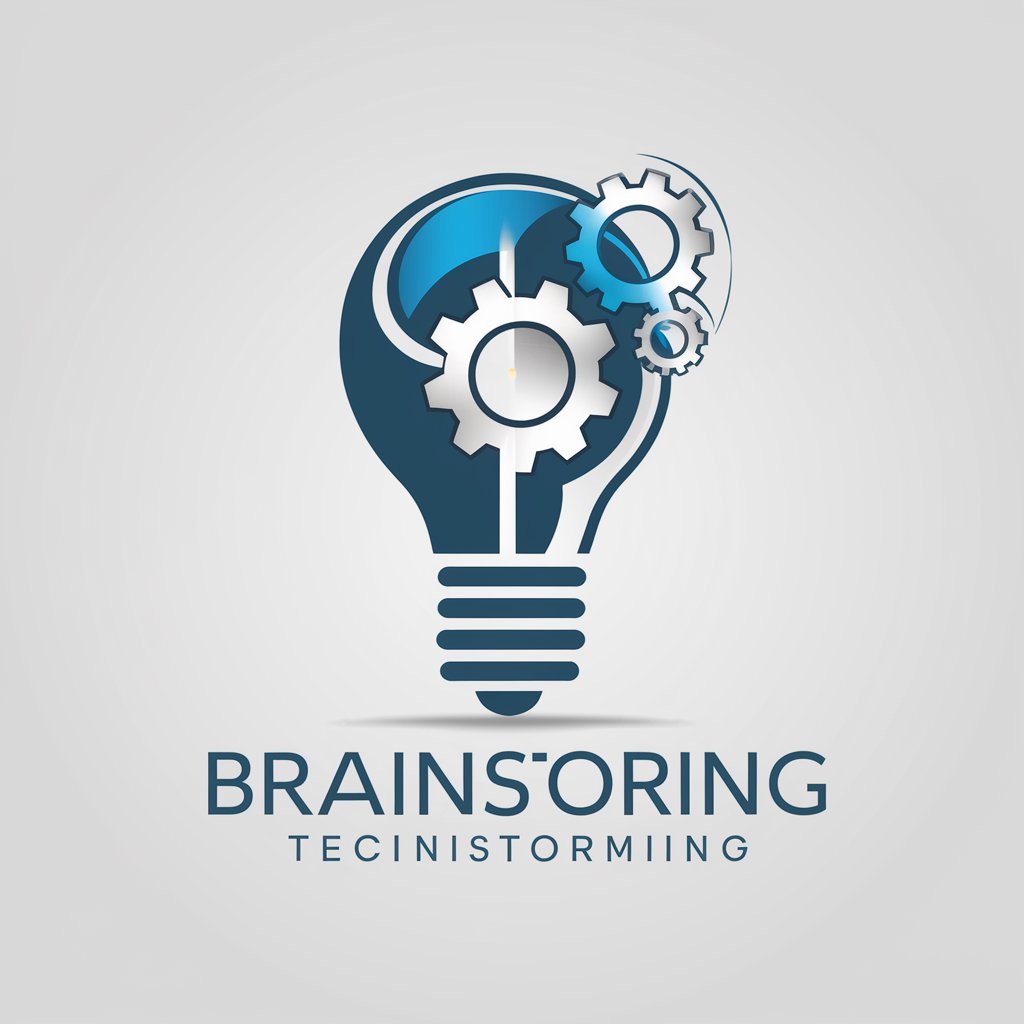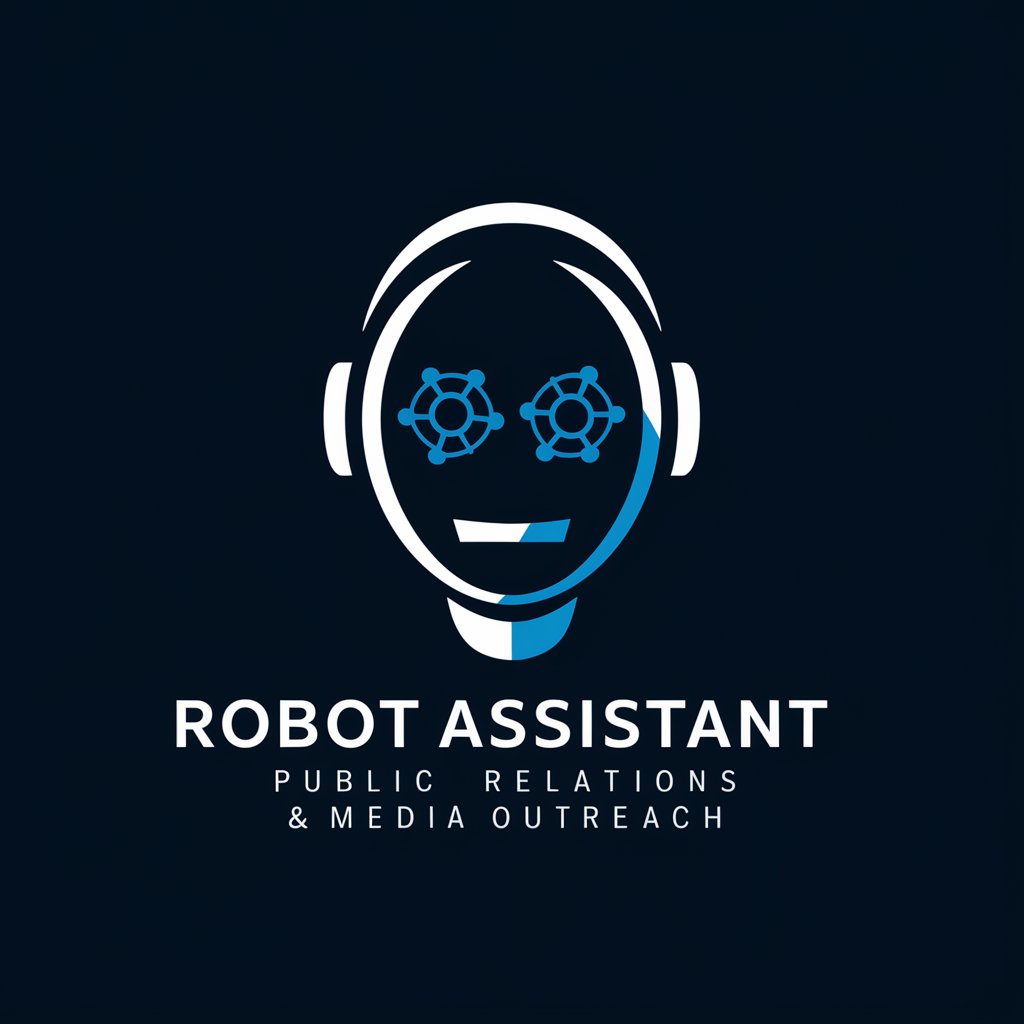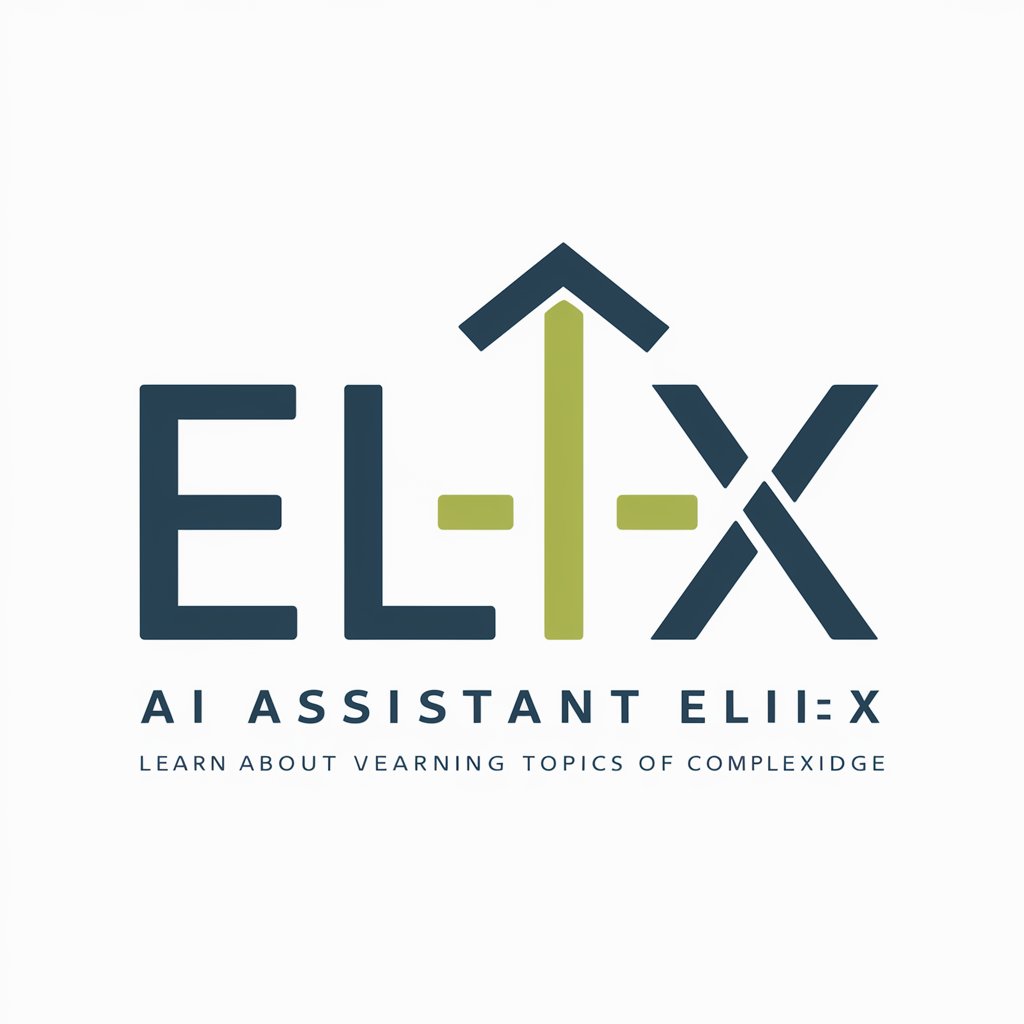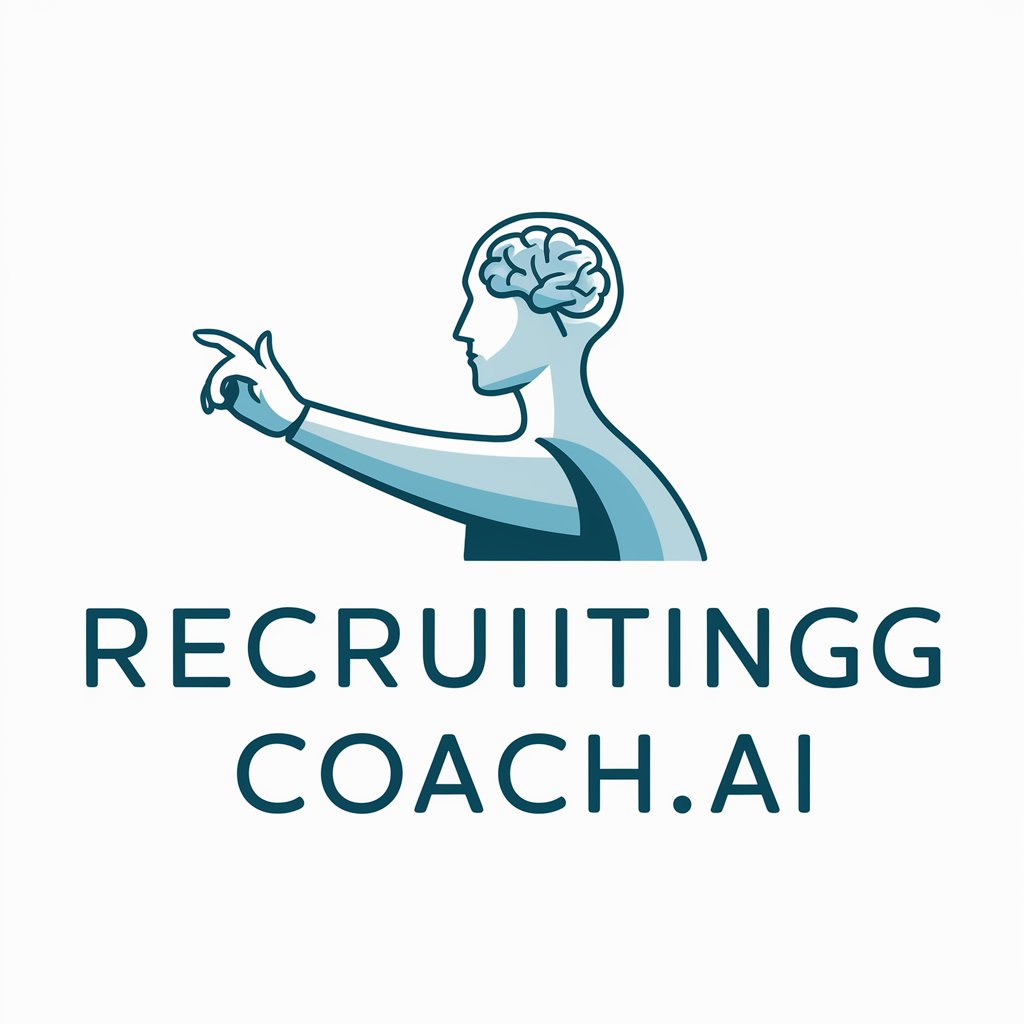Artificial Intelligence - Use Cases - AI-driven Solutions

Welcome! Let's explore AI use cases tailored for you.
Empower decisions with AI insights
Identify potential AI use cases in the healthcare industry...
Generate innovative AI applications for the education sector...
Explore how AI can transform the logistics and supply chain management field...
Develop a detailed AI use case for enhancing customer service in retail...
Get Embed Code
Introduction to Artificial Intelligence - Use Cases
Artificial Intelligence - Use Cases is designed to explore, develop, and illustrate the wide-ranging applications of AI technologies across various industries and sectors. By leveraging machine learning, deep learning, natural language processing, and other AI methodologies, it aims to optimize operations, enhance decision-making, and foster innovation. Examples include automating customer service through chatbots in the retail sector, improving diagnostic accuracy in healthcare through image recognition, and optimizing supply chain management in manufacturing through predictive analytics. Powered by ChatGPT-4o。

Main Functions of Artificial Intelligence - Use Cases
Predictive Analytics
Example
Forecasting demand in the retail industry
Scenario
By analyzing historical sales data, customer behavior, and market trends, AI models can predict future product demand, enabling retailers to optimize stock levels, reduce waste, and improve customer satisfaction.
Natural Language Processing (NLP)
Example
Enhancing customer support with AI chatbots
Scenario
AI chatbots use NLP to understand and respond to customer queries in natural language, providing 24/7 support, reducing response times, and freeing human agents to handle complex issues.
Image Recognition
Example
Improving diagnostic processes in healthcare
Scenario
AI-driven image recognition tools analyze medical images, such as X-rays and MRIs, with high accuracy, assisting doctors in diagnosing diseases early and accurately, thus improving patient outcomes.
Machine Learning for Fraud Detection
Example
Identifying fraudulent transactions in financial services
Scenario
Machine learning models analyze patterns in transaction data to detect anomalies indicative of fraudulent activity, helping financial institutions prevent losses and protect customer accounts.
Ideal Users of Artificial Intelligence - Use Cases Services
Business Leaders and Decision-Makers
Executives seeking to leverage AI to enhance operational efficiency, drive innovation, and gain competitive advantage would find these use cases invaluable for strategic planning.
Data Scientists and AI Researchers
Professionals focused on developing and applying AI models can use these use cases as benchmarks or inspiration for new projects, ensuring their work addresses practical, high-impact problems.
IT and Technology Managers
Managers responsible for the implementation of technology solutions within organizations can utilize AI use cases to identify areas for digital transformation and automation.
Sector-Specific Professionals
Healthcare providers, retail managers, financial analysts, and others can apply AI use cases directly related to their field to solve industry-specific challenges and improve service delivery.

How to Use Artificial Intelligence - Use Cases
1
Go to yeschat.ai for a complimentary trial, no signup or ChatGPT Plus required.
2
Select a specific industry or domain you're interested in from the available options to tailor the AI's focus to your needs.
3
Input a detailed description of the task or problem you're looking to solve using the AI.
4
Review the generated use cases and apply any that match your criteria to your project or research.
5
For optimal results, refine your queries based on initial outcomes, leveraging feedback loops to enhance precision and relevance.
Try other advanced and practical GPTs
Playful Artist
Turn your photos into Nintendo masterpieces

Find a Journalist to write about your startup
Connect Your Startup with Relevant Journalists

Nils | Translator✍️ English ↔ German
Empowering communication with AI-powered translation.

Aristotle
Empowering Reason with AI-Powered Aristotle

ELI-X
Empower Your Learning with AI

RecruitingCoachAI
AI-Powered Recruitment Expertise

Maxwell
Empowering Creativity with AI

TherapEase Selector
Navigating You to Tailored Emotional Support

Developer Namer
Naming your code, powered by AI.

What's for Dinner
Explore, Cook, Enjoy: AI-Powered Culinary Guide

AI Photonics Expert
Illuminate Innovations with AI-Powered Photonics Expert

PowerShell for Windows Master
Elevate scripting with AI-powered PowerShell assistance.

FAQs on Artificial Intelligence - Use Cases
What types of problems can AI Use Cases solve?
AI Use Cases can address a wide range of problems from automating mundane tasks to providing complex data analysis, enhancing decision-making, and driving innovation across various industries such as healthcare, finance, marketing, and more.
How does AI Use Cases adapt to different industries?
AI Use Cases adapt through industry-specific models trained on relevant datasets, ensuring the solutions are tailored and effective for particular challenges and opportunities within each sector.
Can AI Use Cases predict future trends?
Yes, by analyzing vast amounts of historical and current data, AI Use Cases can identify patterns and make informed predictions about future trends, helping organizations to plan strategically.
Is technical expertise required to implement AI Use Cases?
While having some technical background is beneficial, many AI Use Cases are designed with user-friendly interfaces allowing non-experts to leverage AI capabilities effectively with minimal training.
How do AI Use Cases ensure data privacy and security?
AI Use Cases prioritize data privacy and security by adhering to strict data handling protocols, encryption, and compliance with international standards and regulations to protect sensitive information.
